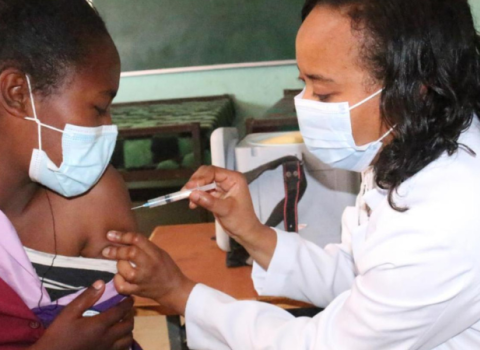Licensing opportunity | Collaboration opportunity
Scientists at Edinburgh University’s School of Biological Sciences have developed a series of Salmonella deletion mutants. The mutants provide protective immunity in an in vivo model of Salmonella infection.
The strains have been generated by deleting a series of genes critical for bacterial growth. As a result they are highly attenuated in vivo, but are capable of eliciting a strong protective immune response in a murine salmonella infection model.
The deletion mutants show restricted growth at low temperatures, thereby reducing the risk of transmission when released in the environment or during storage. This makes them safer for human handlers and for those in the food production industry who come into contact with vaccinated animals.
Key benefits include the novel attenuation approach, which is based on genes involved in post-transcriptional regulation that are required for bacterial adaptation to a number of stresses. This results in bacteria which are strongly immunogenic, but avirulent in mice.
These strains could be used alone or in combination with other attenuated strains to increase immunogenicity and extend the safety profile.
The genes that have been deleted are widely distributed in bacteria so this approach is potentially applicable to other pathogenic bacterial species
The scientists see two main applications for the technology, in veterinary vaccines to reduce salmonella infection in poultry, swine and cattle, and in the traveller’s vaccine market.
Edinburgh University is looking for commercial partners to carry out collaborative development work and/or license the rights.
Interested parties are invited to contact the project via a page on the university’s website: http://www.research-innovation.ed.ac.uk/records/opportunities/attenuated-salmonella.asp





 A unique international forum for public research organisations and companies to connect their external engagement with strategic interests around their R&D system.
A unique international forum for public research organisations and companies to connect their external engagement with strategic interests around their R&D system.